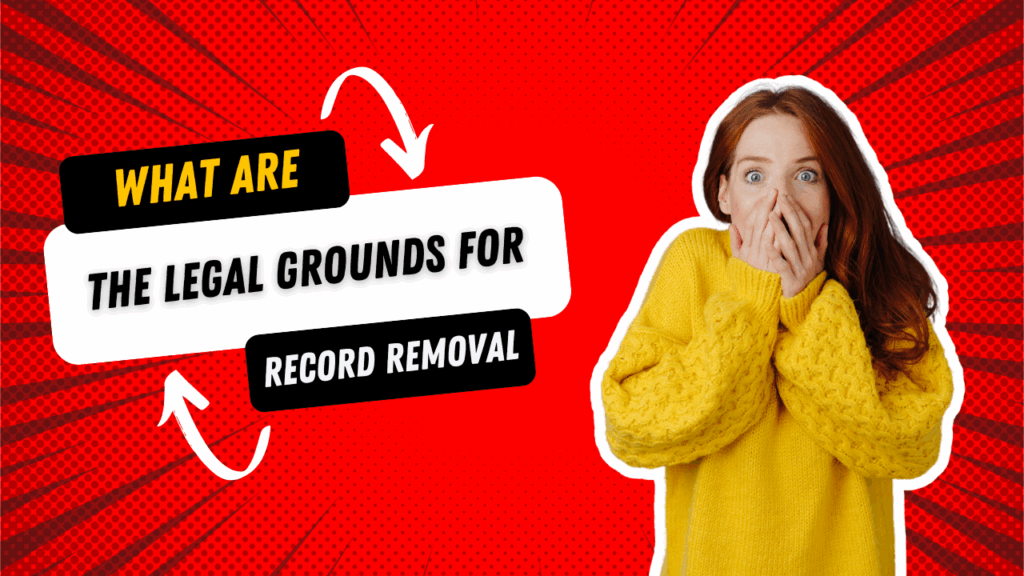Court records are often public, but that doesn’t mean they have to stay online forever. Under certain legal grounds, you may be able to remove or seal court records to protect your reputation and privacy.
Here’s a clear guide on the main legal reasons you can seek court record removal and what steps to take if you qualify.
Dig Deeper: How to Remove Court Records from Google Search
1. Expungement
Expungement is the legal process of erasing or sealing a criminal record. When a record is expunged, it’s as if the event never happened in the eyes of the law.
Common reasons for expungement:
- The case was dismissed
- You were found not guilty
- You completed a diversion or rehabilitation program
- It was a first-time offense and you meet eligibility requirements
Every state has different rules about which crimes can be expunged and when.
2. Record Sealing
Record sealing doesn’t erase the record, but it restricts access to it. Sealed records are hidden from public view and usually only accessible through a court order.
You may qualify for sealing if:
- You were a minor at the time of the offense
- You completed probation or other court requirements
- Enough time has passed since the conviction
Some states automatically seal certain records after a set period.
3. Errors or Inaccuracies
If a court record contains incorrect information, you can request correction or removal.
Examples include:
- Wrong name or mistaken identity
- Case was expunged but still listed publicly
- Outdated information showing unresolved charges when the case was closed
First, correct the original court record, then follow up with any third-party sites displaying the wrong information.
4. Violation of Privacy Rights
In some cases, publicizing court records can violate your privacy rights—especially if sensitive personal information like your Social Security number, home address, or financial details are exposed.
You may be able to:
- Request redaction of personal details from the court
- Ask Google to remove pages that share sensitive personal information under their “Content Removal” policies
5. Defamation or False Information
If a court record or associated content is false and damaging, you could pursue a legal takedown based on defamation laws.
- The information must be false
- It must cause harm to your reputation
- You must be able to prove the falsehood
This route often requires legal counsel to issue demand letters or initiate court proceedings.
6. Right to Be Forgotten (Outside the U.S.)
In the European Union, individuals can request removal of outdated or irrelevant court records from search results under the “Right to Be Forgotten” law. While the U.S. doesn’t have an equivalent law, it’s important for international cases.
Final Thoughts
Court record removal isn’t automatic or guaranteed, but if you have the right legal grounds, you can take action. Expungement, record sealing, correcting inaccuracies, privacy rights, and even defamation law can all open doors to getting harmful records removed from public view.
Need help? Top Shelf Reputation specializes in removing court records and protecting your online image. Contact us today to find out if you qualify for record removal or suppression.

